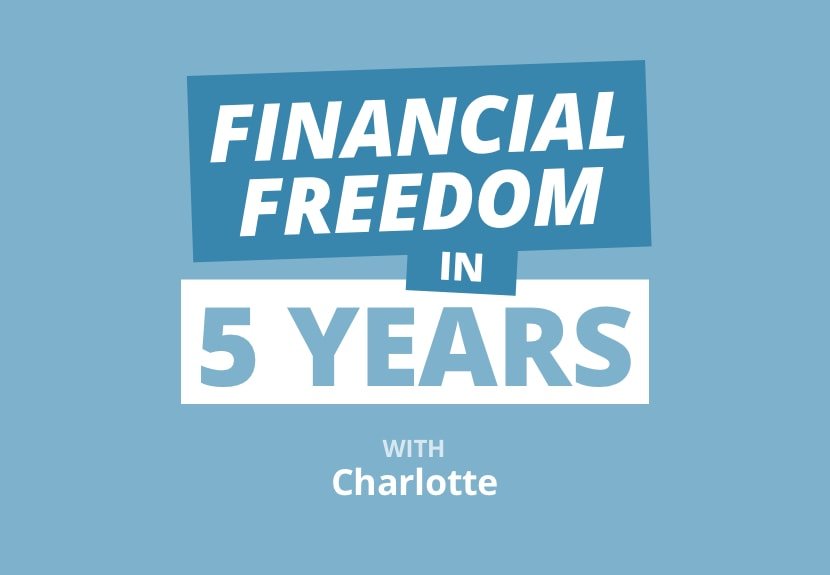
Small business loans are an excellent way to finance a new venture or fund expansion. Depending on your needs and circumstances, you may be able to choose from several types of financing with small business loan options. Small business loans can help you get started, keep the doors open, or take your company to the next level. Small businesses face many challenges when trying to secure financing. Lenders prefer to see collateral and documents that show financial responsibility.
This is why it’s important to understand what lenders look for when reviewing a small business loans application and how they assess risk before signing on the dotted line. There are many things you need to know about small business loans before applying for one. This guide covers everything you need to know about microloans, SBA loans, venture capital, angel funding, and more. Read on to learn more below!
Small Business Loan Basics
The main goal of a small business loan is to help a small company get the cash they need to start or expand their businesses. In exchange for the cash, the company must agree to repay the loan with interest. If you’re trying to secure funding for a new venture, the best options are business loans and lines of credit.
Business loans are longer-term loans that often require repayment within a few years. They also typically require collateral. Lines of credit can be drawn on as needed and are repaid over several months. Small business loans are issued by banks, credit unions, and online lending platforms like Funding Circle and Lending Club. Business owners can borrow a few thousand dollars to several million dollars, depending on their needs and credit score.
What is an SBA Loan?
The Small Business Administration (SBA) is the government agency that supports and promotes small businesses by providing access to capital and assistance with business issues in the US. The SBA offers loans and grants to small businesses through its network of lending partners. Lenders get guarantees from SBA to increase their appetite to offer loans to small business.
Business owners can apply for a loan at any time, but it’s best to plan the application process to ensure that there is enough time for the lender to process. The SBA guarantees a portion of the loan, which helps the lender have more confidence in extending credit. The government only guarantees loans up to $5 million, though. The SBA loan interest rate is variable and is based on prevailing interest rates. To qualify, your business must be less than 10 years old and have a positive cash flow and a sound business plan.
What amount is considered a small business loan?
If you choose, small business loans guaranteed by SBA the amount can range from $500 to $5.5 million. The purpose of the loan can be for long-term fixed assets acquisition or short-term operating capital. Some loan programs have conditions that you must familiarize yourself with. You must have a high credit score to get these loans. You can not get a loan if you have a bad credit score. However, you can start by repairing the score. SBA usually links you to the best banks for small business loans. There are over 800 participating lenders in the US.
Microloans
Microloans are small business loans for socially disadvantaged entrepreneurs. The SBA administers these loans, which are available through nonprofit organizations. Because these loans are administered by nonprofit organizations, they don’t require collateral. However, you may be asked to provide an explanation for why you need the loan and have a plan to pay it back. Because they’re small loans, they have very low-interest rates.
Co-founder loans
Co-founder loans are short-term loans that a new business owner can take out against their future equity stake in the company. Co-founder loans are a great way for new business owners to get financing without having collateral. They’re also a good option for those who can’t get loans from banks. A co-founder loan is a great option for those who have a strong idea for a new business but don’t have the money to get it off the ground, or as they call it, start-up. When co-founders take out a loan, it’s important that they lay out the terms of repayment in a contract.
Angel Funding: How can a beginner get a business loan?
Angel investors are wealthy individuals who invest in early-stage companies in exchange for equity. The investors can help boost your company’s cash flow and give you the capital you need to expand and grow. Angel investors differ from venture capitalists in that they typically invest smaller amounts of money. These investors are motivated by the potential for high returns.
Venture Capital
Venture capital (VC) is large amounts of money that investors lend to a company in exchange for equity. VC firms typically target high-growth companies that are seeking significant amounts of money. VC firms make money by investing in startups and selling their shares once they go public or are acquired. The best time to approach venture capitalists is after you’ve completed a successful round of fundraising from angel investors. When pitching venture capitalists, it’s important to have a solid business plan and financial statements.
Are small business loans hard to get?
Getting small business loans can be hard to get, especially for new businesses. This is because they do have a proven track record and their operational processes are not well developed. Small business owners need to start by doing research on the portions available to them and positionalities attached to each. Then they can work towards meeting the requirements. Remember: Lenders want to avoid losing their money.
Steps to starting your business
Starting a business is a serious undertaking that everyone with this objective must follow some basic steps.
- Research your business.
- Develop a business plans
- Fund your business
- Pick your business location.
- Register the business
- Get state and national tax IDs
- Apply for licenses
- Open a bank account
- Decide your staff requirements
Bottom line
Small business loans are the easiest way for business owners to access cash. Depending on your needs, you can apply for loans from banks, credit unions, and online lending platforms. Since small businesses face many challenges when trying to secure financing, it’s important to understand what lenders look for when reviewing loan applications and how they assess risk before signing on the dotted line. When you’re applying for a small business loan, make sure you have a strong business plan in place, and that your financial statements are accurate and detailed. It’s also important to understand what the lender is looking for, so you can make sure to meet their expectations.
Thank you for reading. Please share with friends and family.



